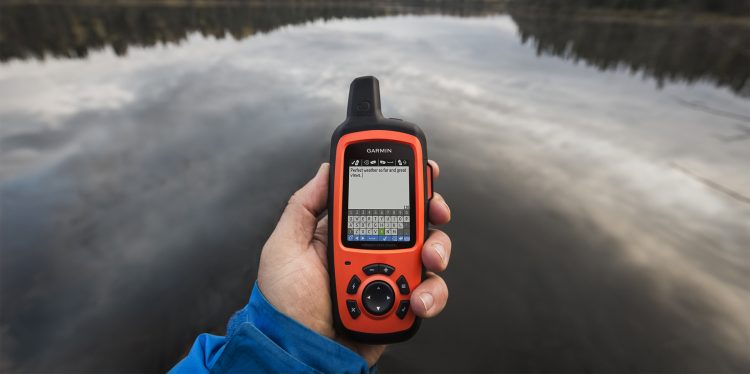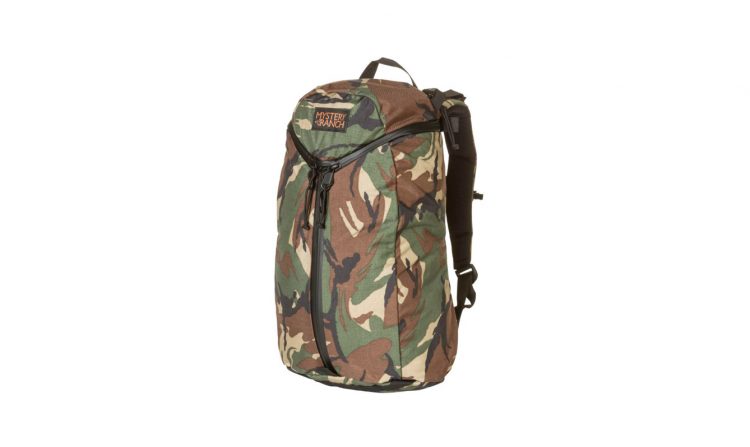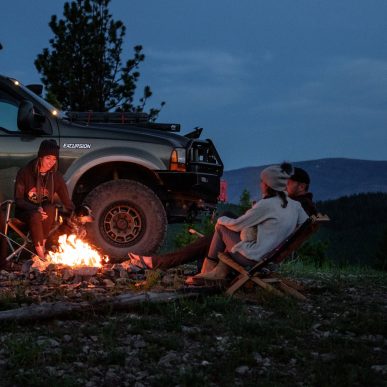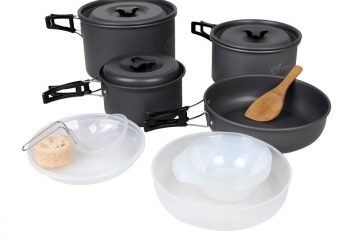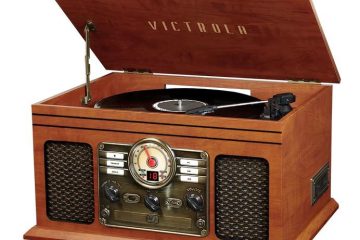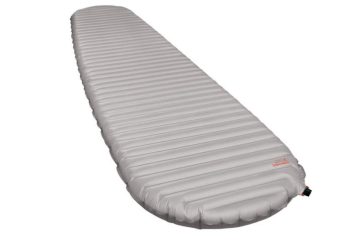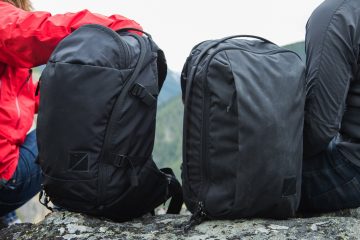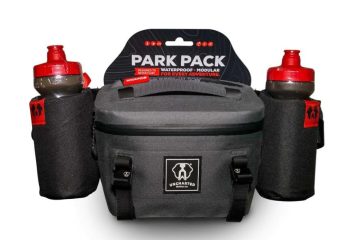Going out into the wilderness can be dangerous. The vast, vast majority of camping trips and outdoor expeditions will go off completely without a hitch, there is always some inherent risk of getting lost, falling off your bike and hurting yourself, or running into some unexpected, inclement weather, and it’s important to be prepared for a situation like those. And since cell reception can’t be relied on in the backcountry, it might be a good idea to look into a personal locator beacon or satellite messenger to take with you.
Personal locator beacons and satellite communicators are different things, but both will get the job done in an emergency. Personal locator beacons are small devices, designed to call for help and alert rescue teams via satellite should you run into any trouble when you’re far from help. They are usually single-use, do not need to be charged, and must be registered upon purchase.
Satellite messengers, on the other hand, are more like smartphones for the outdoors, and often have a variety of features such as text messaging, GPS tracking and even weather forecasts.
Which is the best choice for you will depend on what you’re looking for, if you need messaging, and how much you’re willing to spend, and to give you a hand, here’s a brief overview of the best personal locator beacons and satellite messengers for the outdoors.
Contents
ACR ResQlink 406
First up, The ResQLink, our go-to for a personal locator beacon, thanks to its sheer simplicity, ease of use, and price. While we’ve never had to use it, this is the one we carry around with us into the outdoors. There’s really only one function – calling for help – which is done by simply popping the antenna up and holding down the buttons. Unlike other options, it uses a 3-way, integrated signal, with GPS positioning, a 406 MHz signal and 121.5 MHz homing capability, that work together to pinpoint your position within 100 meters or less. This makes it excellent to conveniently carry with you, especially when heading out on longer treks. There are no annual fees, and it can be easily operated with one hand; it’s best placed in a pocket easily accessible in case of emergency.
There’s no extra features, like messaging or confirmation of someone receiving your SOS, and it only lasts one use. However, if you have to use it in a life-threatening situation, ACR will replace it free of charge.
SPOT 3
The Spot 3 is a capable, less-expensive option for a satellite messenger, but there are some drawbacks to its lower price. While it has more features than the ResQLink, it still does not support two-way messaging; you can send your friends messages, but they can’t send them back. It does, however, features a Spot Checking, which alerts friends and family of your precise location, and Spot Casting function, lets them follow your progress in real time. In case of emergency, just hit the “911” on the front.
Furthermore, the Gen3 requires a subscription to work; you’ll need to pay about $150 for a year of service, in addition to a $15 “network maintenance fee,” essentially canceling out any benefits of the lower price. You can, however, rent it out, so if you’re just looking for a cheap option for taking out on a short trip, the Gen3 works well.
Garmin InReach Explorer+
The Garmin InReach Explorer+ is the top-of-the-line when it comes to locator beacons and satellite messengers. It’s light, powerful, and rated to IPX7 – you can submerse it into 3 feet of water for up to a full minute without damage. It fully supports two-way messaging, so you can stay connected with friends. You can even connect it to your smartphone and type out messages using your phone screen, as opposed to the built-in screen. It’s got full GPS tracking, you can download maps, U.S. Noaa charts, and satellite imagery, and of course, features an SOS function in case of emergency.
The only downside to the InReach, however, is cost. In addition to being the most expensive device on our list, it requires some kind of subscription plan to take advantage of its features – especially text messages – which can quickly add up. However, if you’re looking for the premium, be-all-end-all of satellite messengers or PLB’s, for any situation, this is the one.
McMurdo Fast Find PLB
The McMurdo Fast Find is a PLB similar to the ACR ResQLink, in both functionality and price. That means it’s very basic, and functions only for one use. In case of emergency, it transmits both a 406MHz satellite signal and 121.5MHz homing beacon to alert search and rescue teams of your location. It is waterproof and floats, and the battery lasts six years. Overall, it lacks all the features of more expensive models, but like the ACR ResQlink, is a solid option for a backup PLB as you head into the wilderness.
ACR Aqualink PLB
The ACR Aqualink is the big brother to the ACR ResQlink, designed for boating but suitable for any outdoor adventure. Like the ResQLink, it uses a 3-level signal – GPS positioning, a powerful 406 MHz signal and 121.5 MHz homing capability – for accuracy and power. It’s also completely waterproof and buoyant, and features a strobe light for getting rescuers attention should you need it.
What makes the ACR Aqualink more expensive than the ResQLink are its digital display and GPS Maps. Hold down the GPS button, and your location and coordinates will come up on the screen. You can also use the “I’m OK” test button, which sends out a signal to test the GPS and SOS beacons with a confirmation, without causing alarm.
Bushnell Backtrack G2
The Bushnell Backtrack G2 is self-calibrating digital compass, and lets you know your exact direction and location with the digital display. It also lets you store up to 3 locations, so you can tag your car, campsite, the bag you dropped or the trail you took, and find your way back easily. An LED backlight makes sure you can see it, and the ultra-slim, ultra-small size means you can shove it in your pocket or hang it from a strap.
With all that said, the Backtrak G2 is more of a digital compass and GPS than it is personal locator beacon; it’ll help you find your way back if lost, but can’t call for help.
BONUS: Sonnet
Sonnet is more than a PLB or a plain old satellite messenger; it connects to your phone, letting you send messages, voice recordings, and photos, while accessing GPS, without the need for cell coverage. It does this by connecting with other Sonnet devices in what they call a “mesh” of devices, which grows and extends range with every additional device it reaches. The battery lasts up to 36 hours of use on a single charge, and the whole thing is shockproof, waterproof and dustproof, ready for the outdoors. And of course, there is a panic button for emergencies.
